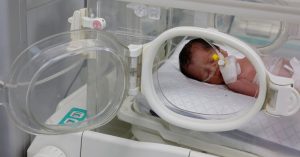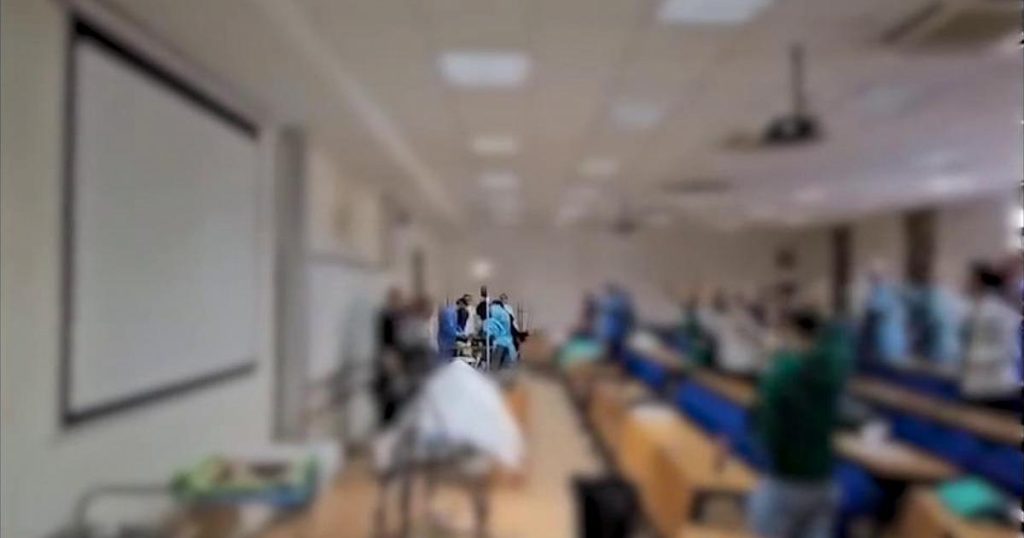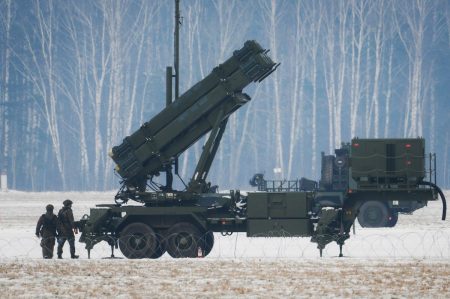A video of a national course organized by the Italian Society of Forensic Medicine, showing doctors dancing while dissecting cadavers, has sparked controversy online. Professor Cristoforo Pomara, a Forensic Medicine professor at the University of Catania and one of the course organizers, released a statement in response to the incident, defending the work of his team. He expressed dismay at the unauthorized dissemination of the video, which was filmed during an anatomical exercise abroad and inaccurately associated with a session of the national conference titled ‘Live autopsy,’ for which he was responsible. Pomara emphasized that there was no intention to disrespect anyone during the exercise and criticized the violation of privacy by those who shared the video online.
In the video, some doctors are seen dancing to ‘Gioca Jouer’ while others perform an autopsy. Pomara clarified that the video was taken during a break in an anatomical exercise on donated bodies for study and training purposes, not in a forensic medical context. He also stated that the Italian Society of Forensic Medicine should not be held responsible for the incident, as they had organized a live cadaver session for educational purposes. Pomara defended the intense work that was done during the week-long course, involving difficult dissection techniques and long hours in the anatomy lab, aimed at maximizing the learning experience for participants.
Pomara explained that the seven-hour exercise required intense concentration from participants, and the music and dancing were a way to relieve tension. While apologizing for any distress caused by the video, he reiterated that the work conducted during the course was serious and professional. He expressed regret that the video was illegally shared and exploited by social media and the press, potentially causing discomfort to viewers. Pomara emphasized that the focus of the course was on education and training in forensic medicine, and the dancing was simply a lighthearted moment that should not detract from the overall professionalism of the event.
The incident has raised questions about ethics and privacy in medical education, as well as the use of social media in disseminating sensitive content. Pomara’s response highlights the importance of respecting the dignity of human remains and ensuring that educational activities are conducted with the utmost professionalism and discretion. The controversy surrounding the video underscores the need for clear guidelines and ethical standards in the field of forensic medicine to prevent similar incidents from occurring in the future. Overall, the incident serves as a reminder of the complex nature of medical education and the importance of upholding ethical principles in all aspects of the profession.
















